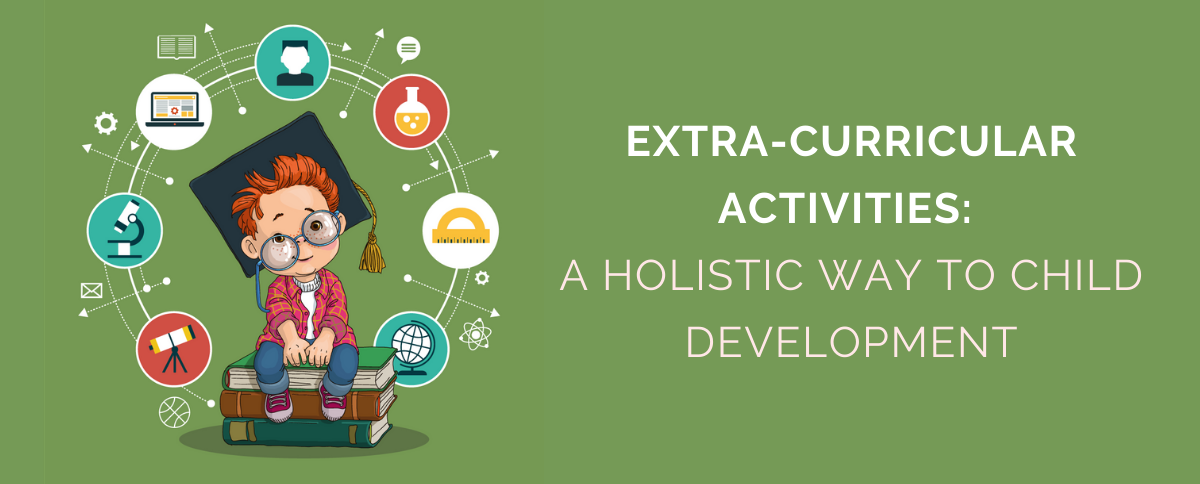Introduction: The World Beyond Textbooks
While academic achievements are undeniably important, the holistic development of a student extends far beyond the confines of a classroom. Extracurricular activities, ranging from sports to arts to community service, play a pivotal role in shaping well-rounded individuals. But what makes these activities so crucial in the educational landscape?
The Multifaceted Benefits of Extracurricular Activities
- Skill Development
Extracurriculars offer students the chance to hone various skills that might not be emphasized in a regular curriculum. For instance, participating in a debate can enhance public speaking and critical thinking skills.
- Social Interaction
These activities often involve teamwork. Whether it’s a sports team or a drama troupe, students learn the importance of collaboration, communication, and understanding different perspectives.
- Physical and Mental Well-being
Physical activities promote health and fitness, while clubs like art, music, or drama can be therapeutic and offer students a creative outlet for expression.
- Time Management
Juggling schoolwork with extracurricular commitments teaches students the art of time management, a skill that will benefit them throughout their lives.
- Building Character
Facing wins and losses in sports, handling responsibilities in a club, or volunteering for community service, all contribute to character building. They instill values like resilience, leadership, empathy, and discipline.
Spotlight on Key Extracurricular Activities
- Sports
From soccer to swimming, sports teach discipline, teamwork, and resilience. They also emphasize the importance of physical health and well-being.
- Arts and Music
These activities foster creativity and allow students to express themselves. They also enhance cognitive abilities and improve concentration.
- Clubs and Societies
From debate clubs to science labs, these platforms allow students to delve deeper into their interests and passions.
- Community Service
Volunteering and community service instill a sense of social responsibility in students. It teaches them the value of giving back and making a difference.
- Leadership Programs
Student councils, leadership camps, and other such programs help students develop leadership skills, understand governance, and take on responsibilities.
The Role of Schools in Promoting Extracurricular Activities
Schools play a pivotal role in introducing and promoting extracurricular activities. By providing resources, guidance, and opportunities, they can ensure that students get a holistic education. This includes:
- Offering a diverse range of activities to cater to varied interests.
- Providing necessary resources, be it coaches for sports or instruments for a music club.
- Recognizing and celebrating achievements in these fields, just as academic achievements are celebrated.
Conclusion: Crafting Holistic Individuals
In the grand tapestry of education, while academic threads are essential, it’s the colors of extracurricular activities that make the picture complete. They ensure that students don’t just excel in exams but thrive in real-world scenarios. They mold students into individuals who are not just knowledgeable but also empathetic, resilient, and multifaceted. In the words of Plato, “The direction in which education starts a man will determine his future life.” And it’s these diverse directions beyond the classroom that truly shape a promising future.


